About Kazakhstan
Kazakhstan occupies a massive 2.75 million square kilometers (1.06 sq miles) in the very center of Eurasia, comparable to the area of all countries in Western Europe. It is the 9th largest country in the world, with most of its territory located in Asia and only a small part in Europe. Kazakhstan is the only large country in the world without access to the sea, but it does have its own marine fleet on the inland Caspian Sea.
Despite its size, Kazakhstan's population is relatively small, with just 19 million people and an average population density of less than 7 people per square kilometer. Three megacities – Almaty, Astana (the capital), and Shymkent – are home to one-fifth of the total population. The country is home to over 130 nationalities and ethnic groups, with Kazakhs comprising the largest group at about 63% of the population. Russians, Uzbeks, Koreans, Ukrainians, Germans, Tatars, and Uighurs are other significant ethnic groups. Kazakh is the state language, but Russian has the status of an interethnic communication language, and all information materials, signs, and inscriptions are duplicated in Russian and, in some cases, English.
Why is Kazakhstan worth visiting?
Despite its rich tourism potential, Kazakhstan remains relatively unknown. However, a closer look reveals that its huge territory, variety of natural landscapes and climatic zones, modern infrastructure, and rich history make it one of the most interesting and unexplored tourist destinations.
Kazakhstan offers a vast array of landscapes: snow-capped peaks of the Ile-Alatau Mountains, vast steppes of Central Kazakhstan, Mars-like badlands of Mangystau, forests and mountains of Kazakh Altai, crystal-clear alpine lakes, and stunning canyons. The country also boasts fascinating man-made wonders such as Baikonur Cosmodrome (the world's first and largest spaceport), fascinating underground mosques cut into limestone rocks, and modern architectural masterpieces by renowned architects.
The country offers the opportunity to experience both Asian and European cultures. It has a rich history, with ancient Silk Road trade routes passing through its territory and leaving behind a legacy of cultural and architectural landmarks. For instance, South Kazakhstan boasts the Mausoleum of Khoja Ahmed Yassawi, an important pilgrimage site that has won the city of Turkistan the name of the capital of the Turkic world. The south of Kazakhstan is also home to ancient settlements and religious sites of great importance to Muslims.
The country's infrastructure is improving rapidly, with new airports, highways, and tourist facilities being built to accommodate the growing number of visitors. The government is also working to develop new tourist routes and promote the country's cultural and natural heritage.
Kazakhstan is an affordable destination, with reasonable prices for food, accommodation, and activities. Visitors can enjoy a high standard of living without breaking the bank.
In conclusion, Kazakhstan is a country with a vast tourism potential that is waiting to be explored. With its diverse landscapes, rich culture, warm hospitality, and improving infrastructure, Kazakhstan is a destination that is worth considering for any traveler looking for a unique and unforgettable experience.

_640x480_a1e.jpg)
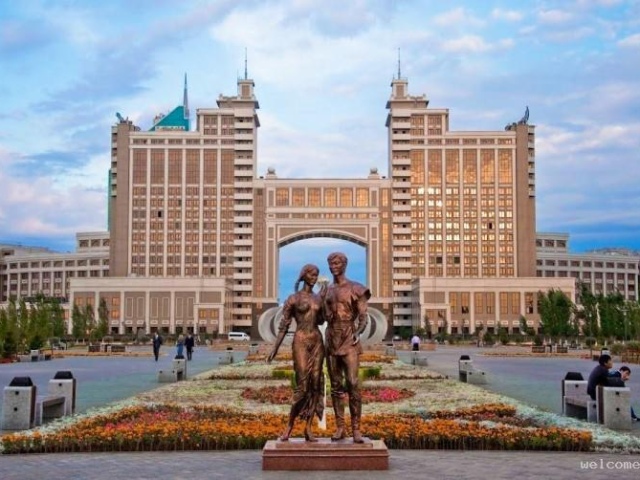
-1_640x480_a1e.jpg)
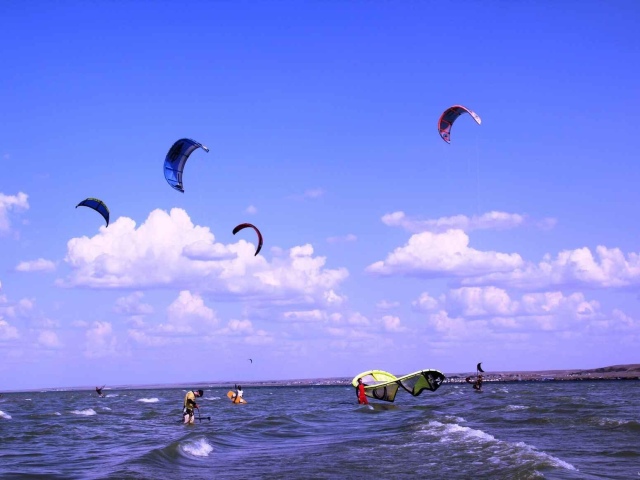
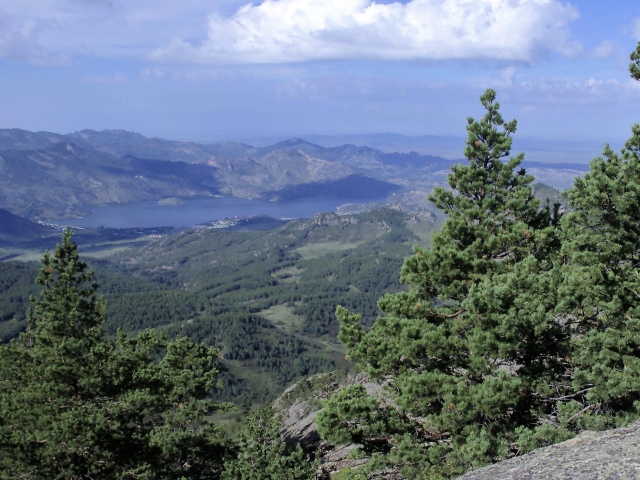
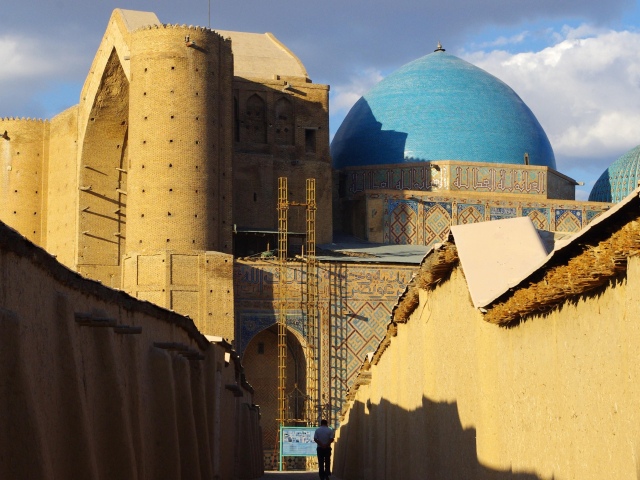
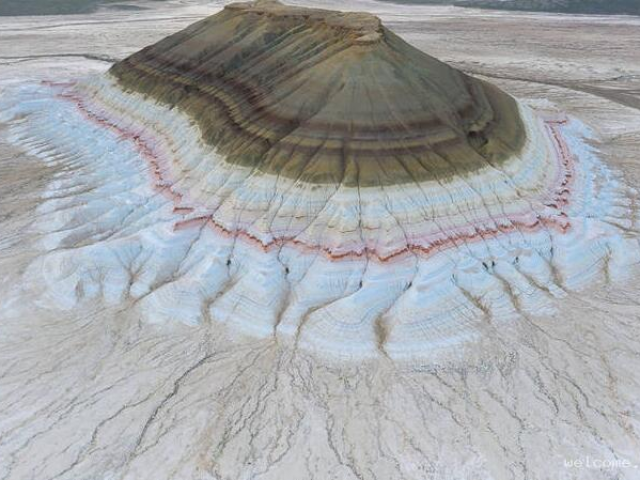
_640x480_a1e.jpg)
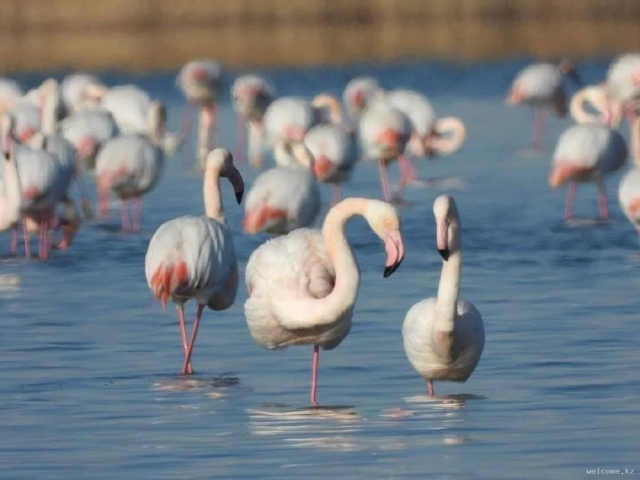
_640x480_a1e.jpg)
_640x480_628.jpeg)
_640x480_a1e.jpg)